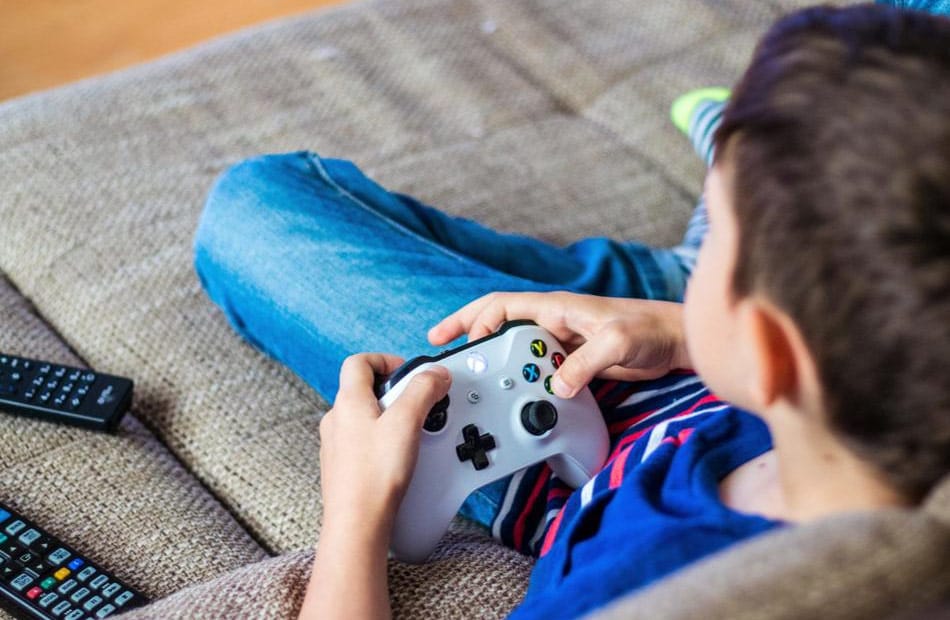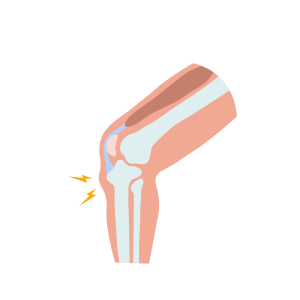Dr. Mehdi Abd Al-Sahib – Orthopedic Surgeon
Computer games are a form of recreational activity that first appeared towards the last third of the 20th century and consumed a large part of children’s life with its technological appeal and other features, without the public’s awareness of their health, behavioral, cultural, and many other risks. Computer games can be played online, via PlayStation, mobile phones, and other handheld devices.
These games are a double-edged sword, and researchers have mixed opinions about their effects.
Somehold an optimistic view and believe that computer games have a positive impact on learning, teaching, developing social and academic skills in players, such as collecting information, thinking, analyzing, communication and holding meaningful discussions, writing, typing, and learning foreign languages. Computer games increase the player’s attention span, comprehension speed, problem-solving, and many other advantages. They also make children more determined to succeed and win, and this determination could help them achieve their goals in life.
Some of these games stimulate the body and encourage physical activity through interactive virtual movements performed by the player. This allows many computer game addicts to move their bodies and maintain physical fitness and energy. On the other hand, a recent American study showed that playing computer games may be a more enjoyable and familiar form of physiotherapy for patients with incurable diseases such as: cerebral palsy, multiple sclerosis, and other disorders that require many treatment sessions. Additionally, an experimental therapy course that relied on video games to treat ADHD in children had very promising results.
However, other researchers claim that despite the benefits of some of these games, the negatives outweigh the positives, as spending long hours in front of a computer screen leads to a set of physical, economic, cultural, religious, moral, security, educational, social, health -psychological, mental, and physical- problems. A study conducted in Algeria showed that computer games aren’t exactly harmless entertainment, because they follow the values of their developers, which are different in Arab and Islamic societies. These games have the appearance of innocent amusement, but in reality, they’re used to spread the beliefs of their developers which promote violence and moral corruption.
Addiction to computer games causes mental and physical disorders. The most prominent physical consequences of gaming addiction include:
- Weight gain and obesity among children, and diseases caused by laziness and lack of movement during the long hours that the child spends playing these games.
- Some studies have confirmed that gaming addiction in a large percentage of people of all ages may cause tremors in the fingers and wrists, headaches, dizziness, loneliness, and low academic achievement.
- Children staying at home during the day to play computer games lack sufficient exposure to sunlight which leads to vitamin D deficiency, early osteoporosis, back and knee pain, spine curvature disorders, and weak immunity.
- The chances of contracting respiratory viruses and infectious diseases increases among children who stay together for long hours in a room that is narrow or with limited ventilation.
- In some field studies, many children complained of neck pain, especially on the left side in right-handed children, and on the right side in those who are left-handed.
- Other physical damages include weakness and emaciation due to malnutrition, as the child does not have his regular meals with the family, and instead, he gets used to unhealthy eating at times that are not suitable for the human body.
- There is a lot of evidence of the negative impact of gaming addiction on sleep quality, insomnia, and the health and performance of children who are exposed to fatigue.
- Addiction to computer games reprograms the mind. Children’s imitation of violent characters may expose them to various physical injuries. Recent studies have confirmed that children can act aggressively after playing a violent game. Experts reached this conclusion after the incident that took place in 1999 at Littleton School in Colorado, in which 23 students were massacred and 23 other students were injured by two students who later committed suicide, and it was confirmed that those two played violent computer games continuously.
- Damage caused by these games due to the radiation and vibrations they emit and their impact on the child’s body, and the subsequent night terrors and nightmares.
- Some studies have found that computer games can slow down brain development, and may cause epileptic seizures in some children. They also tend to lose control of themselves and this causes physical health problems as well. These games have created unintelligent generations that engage in aggression more than the previous generations.
- Studies have also shown that playing violent games for long periods of time puts children at risk of physiological arousal, and elevated heart rate and blood pressure.
- One of the rare symptoms that may appear in computer users, especially the elderly, and as a result of sitting for long periods of time without movement, is poor blood circulation, which may cause thrombosis in the deep arteries due to blood clotting in the legs and moving to the lungs.
- There are important studies conducted in Britain that attribute gaming addiction to repetitive strain injuries (RSI). Professor Leon Straker believes that the future does not bode well for children in many first-world countries if the problem is not addressed quickly.
These disadvantages depend on several factors, including:
- Game type.
- The number of hours a child or young person spends playing computer games.
- Gender: The percentage of male gamers is higher than female gamers.
- Age group.
To reduce the negative effects of computer games, scientists and researchers offer the following advice to parents:
1. Playtime should not exceed two hours at most.
2. Before buying the game, check if it’s appropriate for your child’s age.
3. Make sure that your child has completed his homework before playing, and that playtime does not interrupt his daily meals.
4. Do not put a PlayStation or computer in a child’s bedroom.
5. It’s important to discuss the nature of the game with your child.
6. Monitor the time your child spends on media consumption. This includes online games and television.
7. It’s important for parents to share information about the games their children play in order to help other families
and expand their knowledge.










